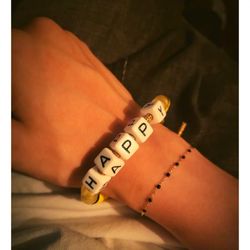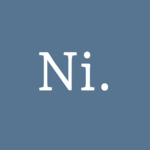

Hey guys . . . Hope you are all doing good. Today blog is . . .
Lifestyle and personal health are, in fact, very closely related to human life, well-being and survival. However, lifestyle and personal health issues seem to receive little attention from medical professionals, teachers, students, the general public, and society at large. Theoretical (fundamental) and practical (applied) knowledge are paramount to overcoming the challenges of achieving optimal levels of health for ourselves and our loved ones. In fact, it is a lifetime profit or asset. One way to disseminate information and develop roles and responsibilities in this regard is to create good and relevant teaching materials on the subject. Therefore, this module aims to fill the above gaps by providing a broad range of thoughts on lifestyle and personal health. Specifically designed to greatly benefit health center teams working in primary health care units (PHCs). Most importantly, the modules are designed and organized so that each category understands their specific responsibilities and roles in promoting the health and well-being of individuals.
This module essentially It was about combining basic scientific notes and information on lifestyle and personal health with integrated, practice-oriented modules for participating students to promote active learning. This is mainly due to the fact that, as mentioned above, references of all kinds are often lacking, and therefore the provision of essential and practical information is of great importance, especially at this time. , relevant and timely. Health Center Team training includes the following students: Health Officer (B.Sc.) and her three categories of graduate students (Public Health Nurse, Environmental Health Technician, and Medical Laboratory Technician). This module has a core module, three satellite modules, and a takeaway message. The purpose of the core module is to provide a minimum of very important and basic information about all categories. Satellite modules, on the other hand, complement the core modules. Specific areas in each category not covered by the core modules are covered by satellite modules. However, the basis for the development of satellite modules is the core module and the task/role analysis is presented in tabular form. The authors of the module want to make it clear to readers and users that this module is not intended to replace previously created educational learning on personal health and lifestyle. Rather, it further complements the teaching and learning process by using interactive methods that enable different categories of students to play an active role in an education that affects an individual's health and well-being.














